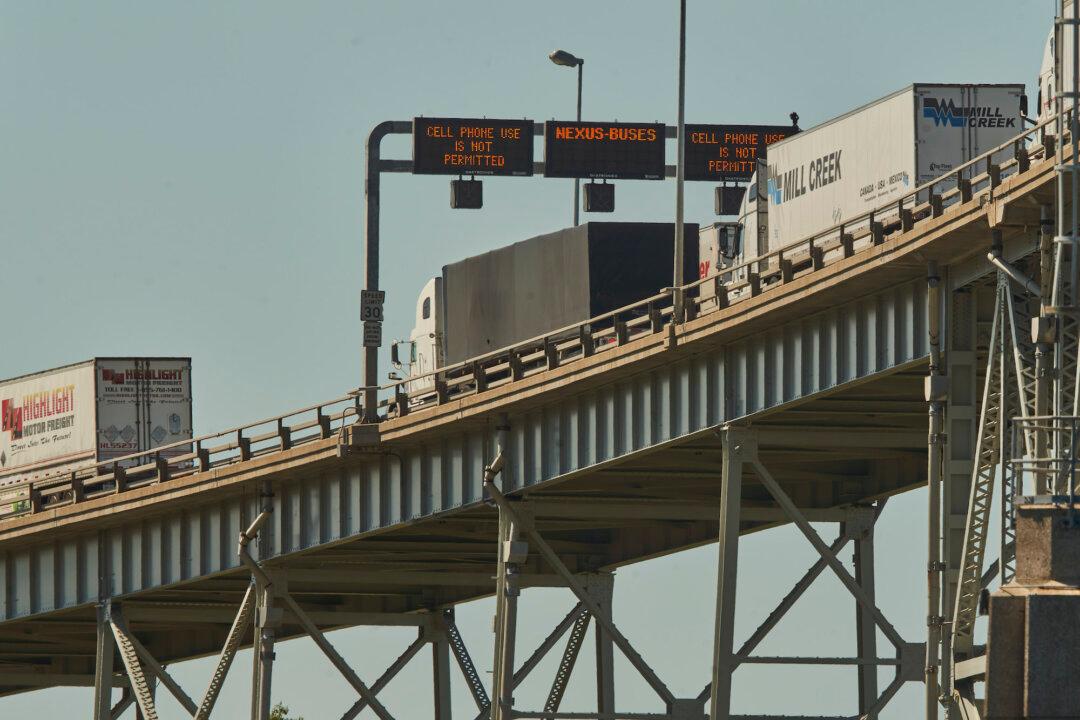The Canadian and U.S. governments are imposing new COVID-19 vaccination requirements on truckers, a decision critics say can only drive up costs, slow border traffic, and hinder supply chains.
Barry Prentice, a professor of supply chain management at the University of Manitoba, believes the government has not assessed the risks and benefits properly.





